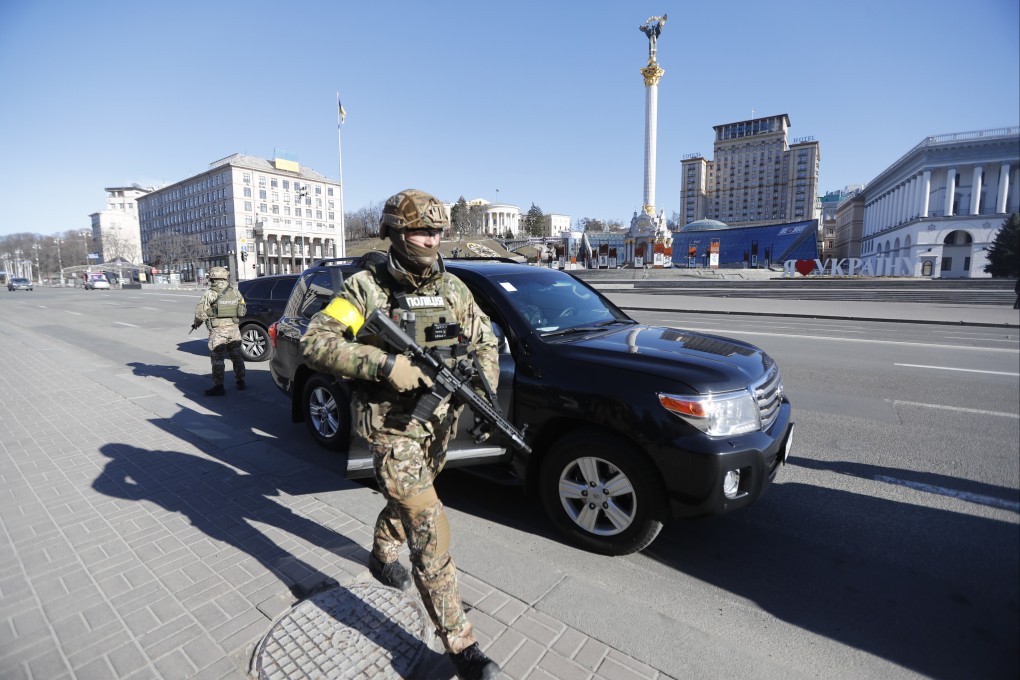Opinion | Ukraine invasion: Asean should have called out Russia’s attack but it chose to stay mute
- Apart from Singapore, most members of the bloc who rely on Russian arms have shied away from outrightly condemning Moscow’s aggression
- Asean’s reluctance to take a firm stand on global issues that matter doesn’t augur well for regional security where interests of great powers collide

Yet, the Asean statement did not call out Russia’s invasion of the eastern European nation by its name and it just expressed deep concerns over “the evolving situation and armed hostilities in Ukraine” – a general description absent of legitimate value judgment over the Russian hostile acts against its neighbour. The statement also called on “all relevant parties to exercise maximum restraint” and stressed that “it is the responsibility of all parties to uphold the principles of mutual respect for the sovereignty, territorial integrity and equal rights of all nations”.
This equidistant approach in effect apportions the liability between Russia and Ukraine in equal degrees. This in turn attenuates the severity and blatancy with which Moscow has used force against Kyiv despite the latter’s plea for peace and readiness to have talks “with anybody, in any format, on any platform”. By blurring the line between the aggressor and the defender, the statement renders its invocation of “sovereignty, territorial integrity and equal rights of all nations” meaningless and pointless.
As an intergovernmental organisation, Asean is often “the sum of its parts”. When the parts conflict with each other, what we have is the lowest common denominator that can amount to a zero-sum. The bloc’s declaration is in fact a zero-sum result of very divergent and conflicting positions of its member states regarding the situation in Ukraine.
